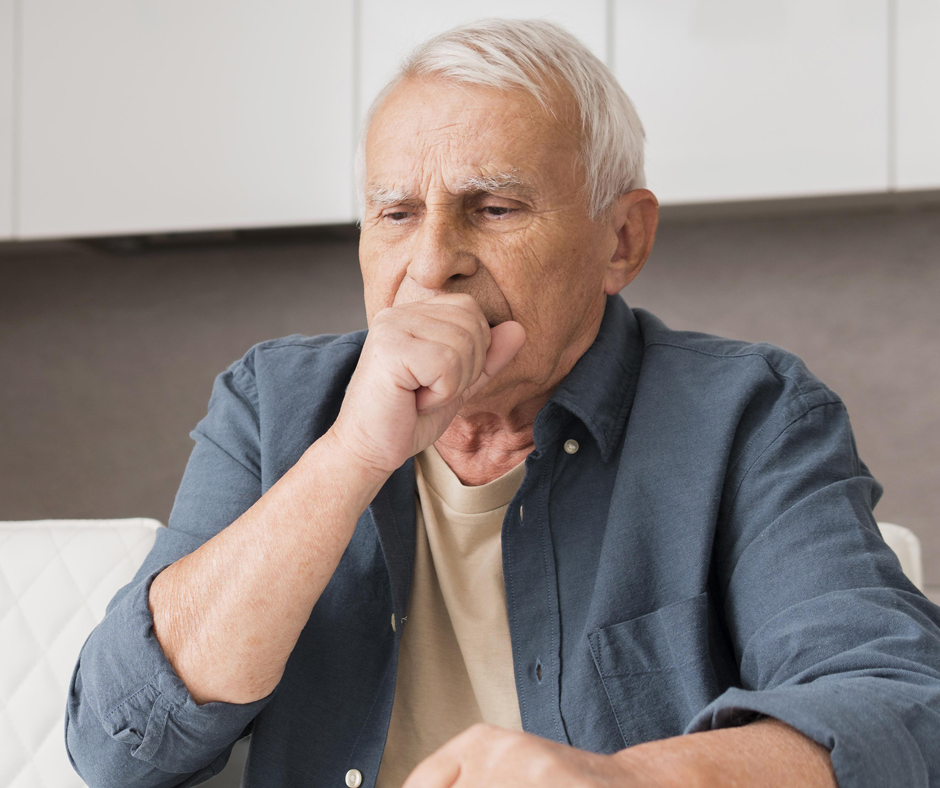Learning you have Emphysema can be a scary moment. As one of the two major forms of Chronic Obstructive Pulmonary Disease (COPD), this chronic lung condition can cause difficulty breathing, reduce your physical activity, and even lead to an early death. Emphysema cannot be cured, but modern treatments are available that can relieve your major symptoms and help you breathe easier.
Like most major health problems, the first step to managing Emphysema is understanding it. Here’s what you need to know.
What is Emphysema?
Emphysema is a chronic lung condition that affects the air sacs in the lungs (alveoli).
Healthy lungs are filled with many tiny air sacs. Like a balloon, these stretchy sacs inflate as you inhale and deflate as you exhale, allowing oxygen and carbon dioxide to move rapidly through the lungs. Emphysema damages the delicate walls between the air sacs, causing them to weaken and lose their shape and elasticity. Over time the walls are permanently destroyed, creating large air pockets that make it difficult to breathe properly.
What are the symptoms of Emphysema?
The symptoms of Emphysema begin gradually, and some patients have the condition for many years before developing symptoms. As the condition progresses, common symptoms include:
- Shortness of breath
- Coughing
- Excess mucus production
- Wheezing
- Chest tightness
What causes Emphysema?
The main cause of Emphysema is long-term exposure to airborne irritants. Smoking is the most common cause in the United States, but Emphysema can also be caused by long-term exposure to air pollution, dust, chemical fumes, and secondhand smoke.
The most common risk factors for developing Emphysema include:
- Up to 75% of Emphysema cases are caused by smoking. The most common cause is cigarette smoking, but the use of cigars, pipes, and marijuana can also contribute to the condition.
- Emphysema most commonly occurs in patients over 40 years old.
- Occupational hazards. Workers who are exposed to certain chemical fumes or dusts are more likely to develop Emphysema.
- Less commonly, Emphysema may be caused by alpha-1 antitrypsin deficiency, a genetic deficiency where patients lack a certain protein that protects the lungs.
How is Emphysema treated?
There is no cure for Emphysema, but there are treatments that can help slow its progression, manage your symptoms, and improve your quality of life.
Lifestyle changes. Smoking cessation, nutritional support, and avoiding airborne irritants is the first step in slowing the progression of Emphysema.
Medications. Inhaled medications like bronchodilators and steroids can help with shortness of breath, coughing, and inflammation. Antibiotics may be given to treat frequent bacterial infections.
Oxygen Therapy. If oxygen levels in the blood are low, patients may use supplemental oxygen therapy as-needed or all the time.
Pulmonary Rehabilitation. A program that teaches breathing exercises and other lifestyle techniques to patients with chronic breathing problems.
Surgery. In extreme cases, surgery may be necessary to remove damaged lung tissue or transplant the lung entirely.

